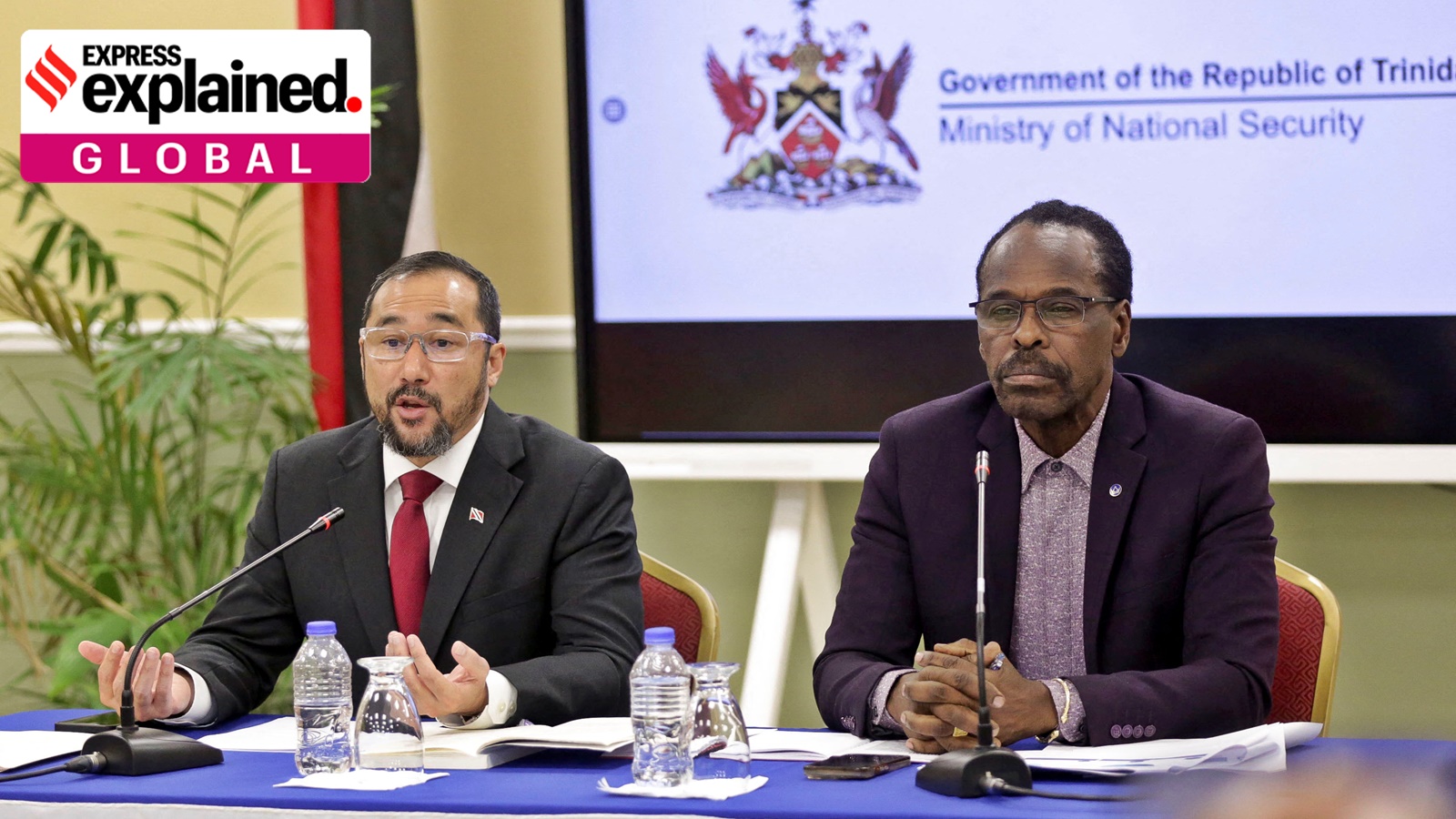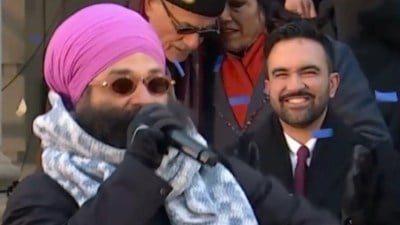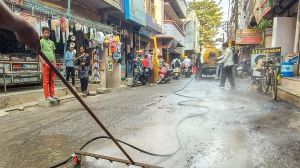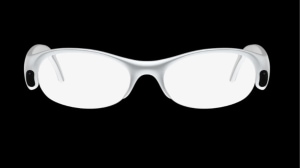Why Trinidad and Tobago has declared an emergency
Following a deadly weekend of violence in the dual-island nation in the Caribbean that increased its annual death toll to 623, Trinidad and Tobago on Monday declared a state of emergency. We explain.
 Acting Attorney General and Minister of Energy Stuart Young and Minister of National Security Fitzgerald Hinds hold a press conference at the National Security Ministry, in Port of Spain, Trinidad and Tobago, December 30, 2024. (REUTERS/Andrea De Silva)
Acting Attorney General and Minister of Energy Stuart Young and Minister of National Security Fitzgerald Hinds hold a press conference at the National Security Ministry, in Port of Spain, Trinidad and Tobago, December 30, 2024. (REUTERS/Andrea De Silva)The government of Trinidad and Tobago declared a state of emergency on Monday (December 30), following a deadly weekend of violence in the Caribbean dual-island nation. At least 67 people were killed in December alone, increasing the country’s annual death toll to 623 — the highest since 2013.
Trinidad and Tobago has a population of 1.5 million and already accounted for one of the highest murder rates in the Caribbean, along with Jamaica and Haiti, according to the US Government Accountability Office (GAO). Violent deaths in the region are nearly three times the global average. So what is behind the government’s recent decision? We explain.
What do we know about the recent burst of violence?
Armed gunmen reportedly shot at a known gang leader who was exiting a police station on Saturday, while five men were shot dead in a retaliatory killing on Sunday, according to local newspaper Trinidad and Tobago Newsday.
According to a CNN report, National Security Minister Fitzgerald Hinds said two others had been killed on Friday, while 15 others had been killed in gun-related incidents since last Monday.
Acting Attorney-General Stuart Young attributed the current spike to the use of high-calibre firearms by criminal gangs, alluding to its increased use across the CARICOM region – the federation of Caribbean countries – as a matter of grave concern. The country does not manufacture firearms of its own, but over 7,000 firearms were recovered from them between 2018 and 2022 according to CNN. About 75 per cent of these came from the US, according to the GAO.
Why was an emergency declared and what does it mean, in effect?
In a statement issuing the proclamation, President Christine Kangaloo cited a threat to public safety.
According to AG Young, who held a press conference on Monday, the measures were introduced following a week of “brazen acts” by criminals. He said, “What we are faced with was heightened criminal activity with the use of high-velocity assault weapons in reprisal attacks between gangs.”
He said he expected a wave of reprisal attacks at a “scale so extensive that it endangers public safety”.
However, there will be no curfew, nor will public gatherings be affected. Newsday also reported Young saying that the use of fireworks or other New Year’s celebrations would not be banned. The emergency could possibly continue well into Trinidad’s massive Carnival, a world-famous extravaganza that draws crowds from across the world.
Best known for its street parades, the carnival is typically held on the Monday and Tuesday preceding Ash Wednesday in March.
Under the emergency powers by the office of Prime Minister Keith Rowley, the police are authorised to search people and premises without warrants. The intent is to target the unlawful possession of firearms, ammunition and explosives.
“We’re going to have a 48-hour holding period where people can be held under these regulations,” Young said. Further, a tribunal is being formed in collaboration with the acting Chief Justice to oversee the legal parameters of detaining people during emergency.
The emergency reportedly empowers the defence forces with the powers of the police. Trinidad and Tobago Newsday also reported that the parliament would be convened in 15 days to determine if the State of Emergency should be extended.
Is this the first time the country is under an emergency?
No. A state of emergency was declared in the country in 2014 following a similar spike in violence. The country also declared a ‘limited’ state of emergency in 2011 following a spike in drug-related crimes.
Emergency was last declared in 2021 in the country to implement Covid restrictions.
- 01
- 02
- 03
- 04
- 05






































